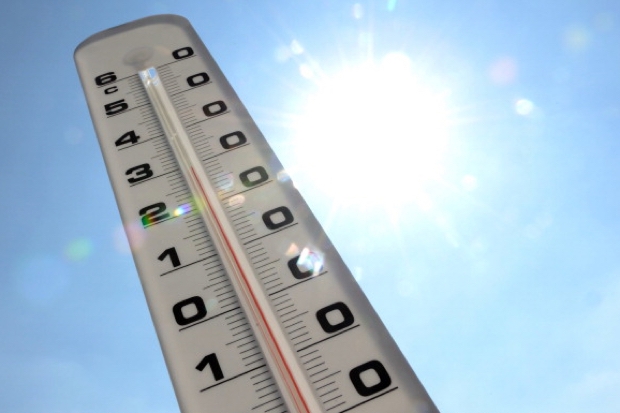Remember how rises in global temperatures were reported earlier in the year? Here is a taste from the Guardian in July. Funny thing is, though, global temperatures are now falling equally sharply – and no-one, with the exception of the Mail on Sunday last weekend, seems to be bothered about reporting it.
Not even Nasa seems interested in reporting its own data for global temperatures. Instead, Nasa last week put out a press release about a study which claimed to have found a reason to explain the hiatus in global temperatures between 1998 and 2013 – the conclusion of which was, in as many words: it was all an illusion. The oceans were still warming up, but they were storing much of the Earth’s increased heat, which will be spewed out into the atmosphere in due course.
Well, maybe – or maybe not. The authors themselves admit that they need more data to test their theory. But in the meantime, wouldn’t it be a bit more newsworthy for Nasa to make a little more of its own data on global temperatures, which show that the sharp rise in 2015 and early 2016 has been equally sharply-reversed. You have to search for it yourself. It is on the last graph, titled ‘Monthly Mean Global Surface Temperature’.
The recent peak in global temperatures, like the last peak in 1998, coincided with an El Nino event, when the temperature of the Pacific Ocean off Peru suddenly rises for reasons little understood. What is known, however, is that it is a cyclical event which tails off as sharply as it arrives. Yet little of this came through in the hysterical reporting of soaring global temperatures earlier this year. Now El Nino has ended, and global temperatures have begun to plunge as quickly as they rose, the news doesn’t get reported.
That global temperatures have fallen sharply over the past six months does not prove that global warming hasn’t happened, of course. It is still possible to see in the data a gentle upwards trend over the past 40 years. But it is somewhat misleading – as Nasa, the Guardian and many others have done – to interpret the sharp rise in global temperatures in 2015 and early 2016 as a shocking new acceleration in climate change, and then to keep quiet when temperatures fall back again to their much more modest, long-term trend.







Comments